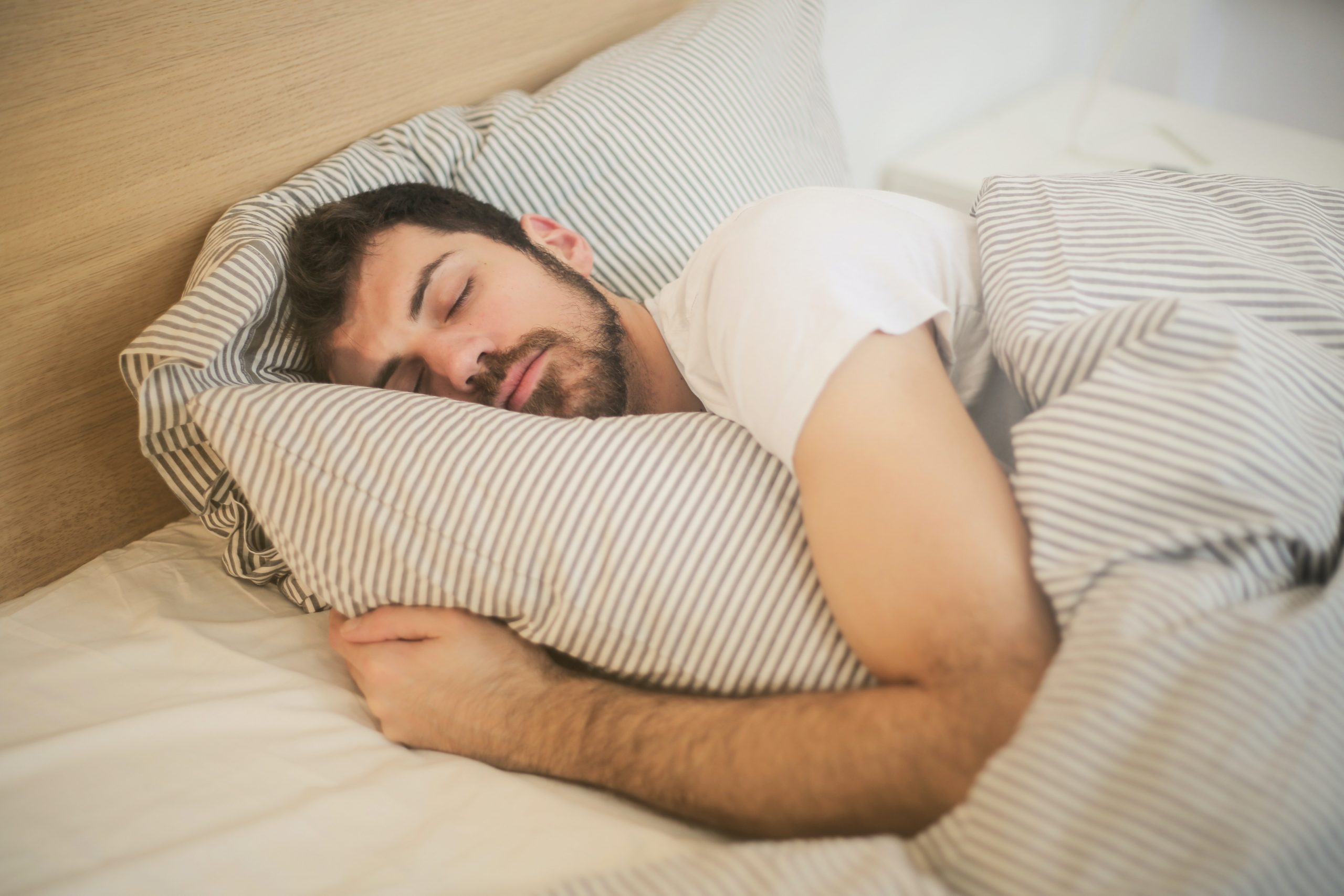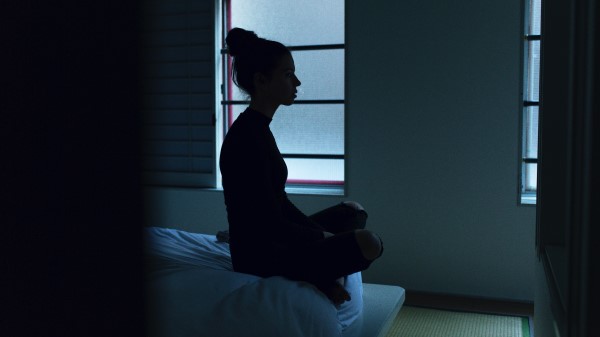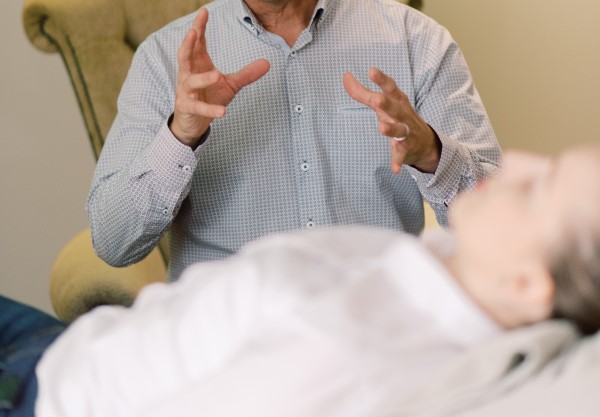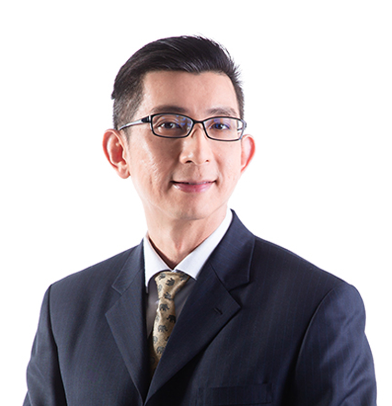
Eliminate obstacles for quality sleep
Dr Thong Jiunn Yew, a Consultant Psychiatrist at Nobel Psychological Wellness Clinic, a member of Healthway Medical Group, gives us his insights on insomnia.
Do you have trouble falling asleep, wake up frequently at night or get inadequate shut eye?
According to SingHealth, four in ten Singaporeans get less than the recommended seven hours of sleep per night on weekdays.
In a 2016 study published by the American Association for the Advancement of Science, Singaporeans had less sleep than the Japanese and Brazilians.

Causes of insomnia
A change in environment, excessive noise and jet lag are some of the reasons for insomnia. Correcting these factors will usually help to promote sleep.
Pressure from studies, workplace or relationship issues can also affect one’s quality of sleep. But for some individuals, psychiatric disorder can cause chronic insomnia. Chronic insomnia that lasts for more than a few weeks can be due to psychiatric conditions such as depression and anxiety disorder.
Depression is a mood disorder that causes one to be in a constant state of negativity for a prolonged period. As for anxiety disorders, they are characterised by chronic and excessive anxiety and worry. Some patients may also have panic attacks or persistent bodily complaints which can affect sleep.
Some individuals suffering from chronic insomnia may attempt to self-medicate by consuming alcohol or cough syrup. However, this will not only disrupt sleeping patterns but also affect their physical health and create addiction.
Substances such as alcohol are easily available. Patients have the potential to become overly dependent on these substances to sleep. Although these substances appear to help induce sleep, they can also disrupt sleep later on in the night. Chronic use of alcohol over a prolonged period can also cause medical problems such as liver damage.

Seek professional advice
“The treatment of insomnia should be aimed at addressing the psychiatric condition rather than the symptom of insomnia,” says Dr Thong. This comprises treating the psychiatric conditions, improving sleeping habits (through better sleep hygiene) and medication.
“We will first assess the patient to understand the nature of insomnia and elicit symptoms that might suggest a psychiatric condition such as anxiety and depression. If the patient is found to have depression or anxiety disorder, anti-depressants or anti-anxiety medication can alleviate the symptoms, and this will allow the patient to have adequate sleep”, concludes Dr. Thong.

Dr Thong Jiunn Yew
Consultant Psychiatrist
MBBS (Singapore), MMED (Psychiatry), Grad Dip (Psychotherapy), FAMS(Psychiatry)
Clinical Interests in suicidology, mood disorders, anxiety disorders, tress-related disorders (work, marital, military etc), sleep disorders & addictions.
Prior to joining Nobel Specialist Practice, Dr Thong Jiunn Yew practiced psychiatry in the Institute of Mental Health, Singapore (IMH), where he was involved in the setting up of the High Dependency Psychiatric Care Unit (HDPCU) and also managed multidisciplinary teams.
He has a keen interest in suicidology, and has published papers on suicide and suicidal behaviours in international journals, conferences and books. He treats mood disorders such as depression and bipolar disorder, and psychotic disorders such as schizophrenia. He also treats insomnia and anxiety disorders and has a special interest in obsessive compulsive disorders (OCD) and stress-related disorders (due to work or marital problems).










